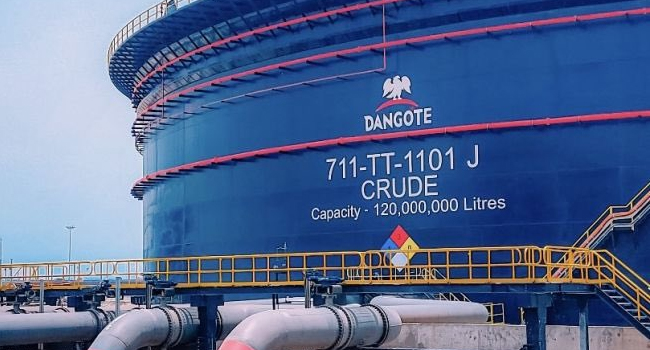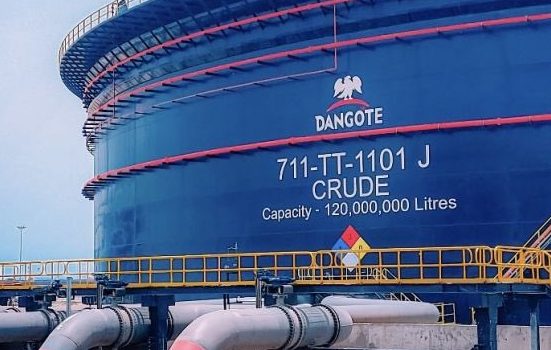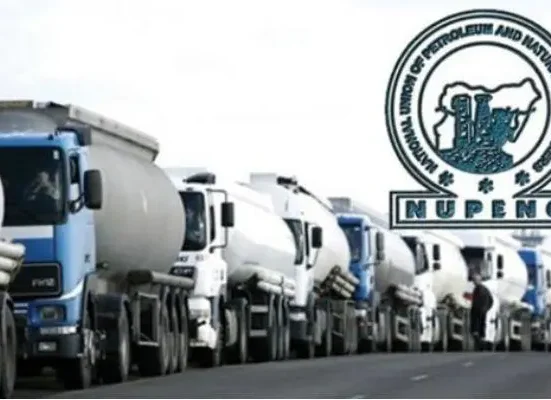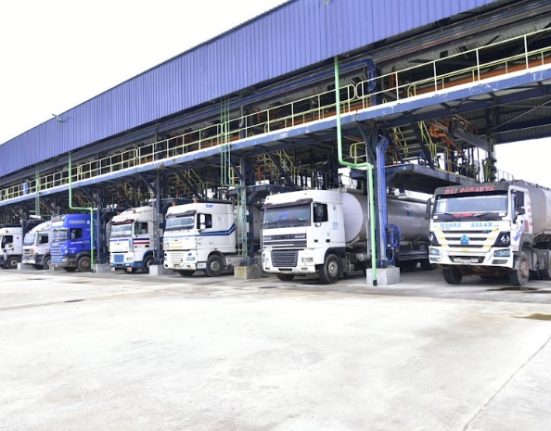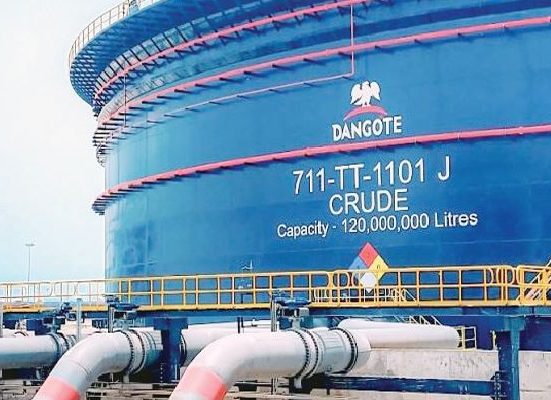In a significant development that could shape the pricing dynamics of petroleum products across Nigeria, the Dangote Petroleum Refinery has officially reduced its ex-depot price for Premium Motor Spirit (PMS), commonly known as petrol, to ₦820 per litre. This adjustment, confirmed by sources within the oil and gas industry, comes as part of efforts by the refinery to ease supply chain costs and improve affordability for downstream marketers and, ultimately, consumers.
The ex-depot price refers to the rate at which oil marketers purchase fuel from refineries or depots before distribution to retail stations. A downward review of this price usually signals a potential relief in pump prices, depending on logistics and regional distribution factors. Prior to this reduction, the ex-depot price from the Dangote facility was reportedly fluctuating around the ₦850 to ₦900 mark, depending on volumes and delivery terms.
Industry stakeholders have described the price cut as a strategic move by Africa’s largest privately-owned refinery to gain stronger footing in Nigeria’s domestic fuel market, which has for decades relied heavily on imports despite the country’s status as a crude oil-producing nation. The Dangote Refinery, located in the Lekki Free Trade Zone, Lagos, boasts a processing capacity of 650,000 barrels per day and aims to meet 100% of Nigeria’s refined product needs while also exporting surplus to neighbouring countries.
Marketers who spoke on condition of anonymity noted that the new pricing could create a ripple effect in the market, especially as independent marketers begin to take delivery of refined petrol from the facility. The development is expected to put pressure on other import-based suppliers, many of whom have struggled with foreign exchange volatility, high landing costs, and regulatory uncertainties.
This move also comes at a time when Nigerians are grappling with high fuel prices and rising cost of living. The Nigerian National Petroleum Company Limited (NNPC Ltd) had previously been the sole importer and distributor of refined petrol under a subsidy regime that was officially discontinued in 2023. Since then, market liberalisation has seen varying pump prices across different states, with retail costs ranging from ₦650 to over ₦900 per litre, depending on proximity to depots and transportation challenges.
While there is no official statement yet from Dangote Group as at the time of filing this report, industry insiders maintain that the price adjustment is part of broader efforts to stabilise supply and make petrol more accessible in the face of fluctuating global oil prices and domestic economic challenges.
With this latest intervention, analysts are optimistic that the entry of locally refined products could eventually drive competitive pricing and reduce Nigeria’s long-standing dependence on fuel imports. However, they caution that the impact on retail pump prices will also depend on other factors such as taxes, transportation margins, and the efficiency of the distribution chain.
As Nigerians await clearer signals at the pump, all eyes remain on the downstream sector, where the Dangote Refinery is poised to become a major game-changer in the country’s energy landscape.

